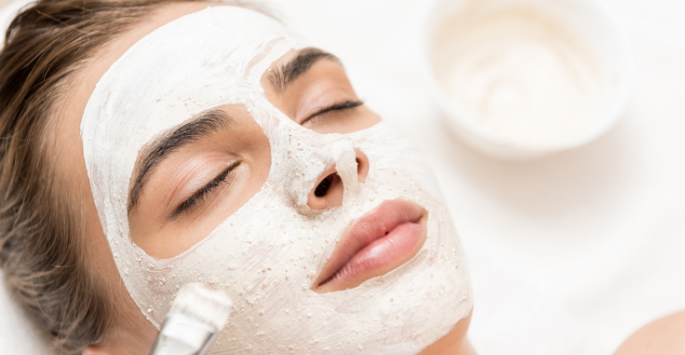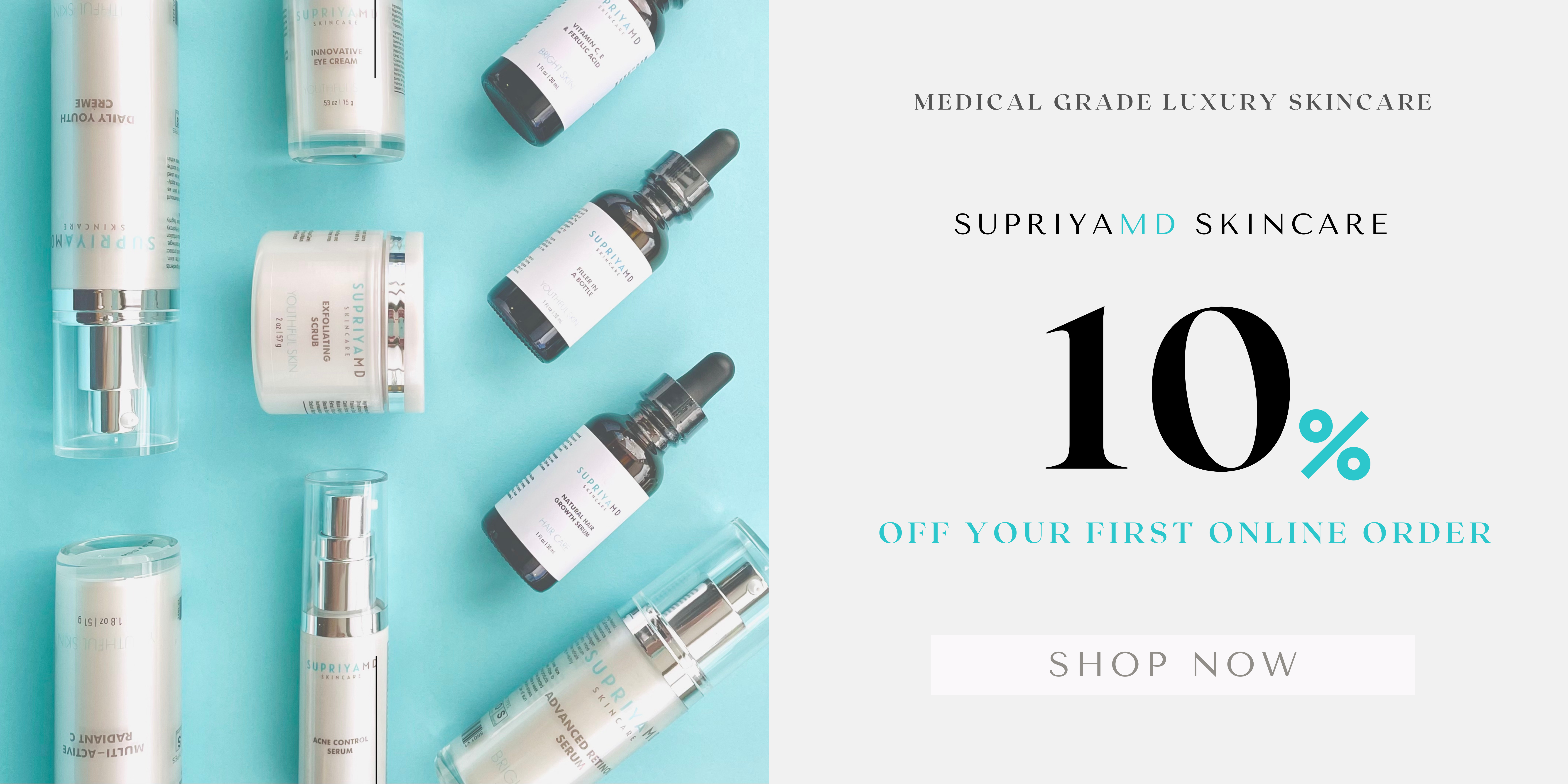
Chances are, if you are a woman in your twenties or older, you've probably already seen at least five must-have beauty trends before you finished your morning coffee today. Whether it's a DIY face mask made of everyday items right in your kitchen, or a brand new beauty brand that advertises all natural ingredients and promises medical grade results, you've probably been tempted to try it. And while these beauty trends sound like incredible ideas, we've simplified it down to a few basic rules you should follow when it comes to skincare in order to get the most out of your product investment.
DO cleanse twice a day
You've heard you should do this, but you might not be sure why. The importance of cleansing twice a day serves two very different purposes. Evening cleansing removes makeup, environmental pollutants, dirt, oil, and dead skin because every single night while you're sleeping, your skin is hard at work regenerating itself. If you skip your evening cleanse, your skin has to work much harder to accomplish what it needs to, and it might not accomplish it at all. This can lead to acne, wrinkles, and dullness that will take a toll on your beauty. In fact, we suggest you wash it twice in a row to make sure everything is clear.
With such a solid evening routine, you might be wondering what dirt your skin could possibly have on it when you wake up. But the truth is, you are not cleansing off dirt or makeup in the morning—you're clearing dead skin cells and sebum your skin excreted during the night while it was regenerating. Cleansing your skin in the morning will give it a fresh start so you aren't layering makeup and product onto pores that are full of dead skin cells. This will also allow your skin to absorb the day's products such as moisturizers, antioxidants, and your SPF. The only possible exception to this is if you have excessively dry skin, but even in this case we would recommend using a cleansing oil than nothing at all.
DON'T overdo it
We admit that a good cleansing exfoliation feels SO good. That feeling of freshly scrubbed soft skin that comes right before your moisturizer when your skin is squeaky clean and pure is one of our favorite parts of our skincare routine, too. However, you should never do this to your skin more than 1-2 times a week. We suggest once a week if your skin is dry or sensitive, and twice a week if your skin is oily and acne-prone. And be sure to use gentle exfoliants or chemical exfoliants as opposed to gritty, abrasive ones to prevent inflammation and damage.
DO invest in quality skincare products
Think of your skin like your favorite classic accessory—the one you will wear every day for the rest of your life—and invest in it as such. While it might be tempting to purchase makeup and skincare products that are cheap, or to just go with the recommendations your sister-in-law made from the multi-level marketing skincare brand she's working for, you must do your due diligence and check the quality of the ingredient labels. Purchasing high quality ingredients that have been sourced by a company that focuses on safety, quality, and effectiveness in their formulations is the best way to nurture your skin throughout the years.
And before purchasing anything, you should speak with a dermatologist to figure out what products and ingredients your skin needs. Instead of purchasing oily skin bundles or a generic anti-aging kit that might be filled with products you don't need (or worse, products that will damage your skin), speak with a licensed medical provider. When you turn to a medical provider who has invested in an education on skin histology, physiology, diseases and disorders, you're getting recommendations from someone who not only listens to you but understands the science of your skin, and what products will be effective on it.
DON'T keep the same products forever
So you've finally found a selection of products you love and your face is flourishing from the love and attention you've been providing! We love that feeling, but we also know that skin is dynamic and heavily influenced by many different factors. If you purchased your products during the summer, they were probably most effective at reducing pore blockages from sweat, preventing sun damage, and keeping your skin clear of oil. Now it's winter and your skin might be feeling dry again, so make sure you get recommendations for how to maintain it through all seasons. It doesn't mean you have to completely overhaul your entire collection of products—you may just have to supplement a product or two in order to maintain your glow. Keeping up with your products as the seasons (and years) pass will give you the chance to adapt your routine as your skin needs it.
It's also important to re-evaluate your products every six months because your skin may build up a tolerance over time to certain ingredients. If it does, this will give you the opportunity to try new products that have more effective ingredients or enhanced formulations that will give you better results.
DO drink more water
You've heard this recommendation with almost every single health tip, and there is a very good reason. Proper hydration is vital to your health in every single way. Dehydration can be damaging to each and every organ, and your skin is the largest organ of your body. Drinking enough water will flush every organ with nourishing hydration, and your skin will be the first place you see the difference. It will help keep skin supple, soft, and smooth, and it will also provide your skin with what it needs in order to do its job of protecting you.
DON'T skip the SPF
Did you know that roughly 90% of aging is caused by UV light? And we don't mean from the one or two sunburns you might get from relaxing on the beach or lounging poolside. Most of this aging occurs due to ambient daily exposure you get while driving or moving around outside during your daily routine. The exposure during one day is minuscule, but it adds up to a very lofty cost over time. And if you live in a sunny climate, it will only accelerate the process. Any sunscreen with SPF 30+ will do, and if you are worried about a heavy sunscreen on your face, we recommend eryfotona actinica from ISDIN to shield your face. This sunscreen not only protects against UV rays—it also contains DNA repairsomes that will work to reduce previous UV damage and spots.
 Let's Talk Skincare!
Let's Talk Skincare!
Interested in skincare product recommendations? Contact us today for an appointment.

